Journaling is a wonderful way to reflect, spark creativity, and track personal growth. But let’s be real: it’s not always as easy as it sounds. Whether it’s finding the time, not knowing what to write, or struggling with consistency, these journaling challenges can make the process feel more like a burden than a habit. The good news? There are simple, practical solutions to these common obstacles that make journaling feel natural and enjoyable.
The first step in overcoming journaling challenges is understanding why they happen. Often, we set unrealistic expectations, thinking we need to write pages every day or that our thoughts have to be perfectly organized. This kind of pressure can quickly discourage even the most motivated people. But when we set realistic goals, journaling becomes a rewarding habit instead of a stressful task.
Finding Time to Journal
Addressing Time Challenges in Journaling
One of the most common journaling challenges is finding the time. Between work, family, and other responsibilities, it can be tough to find even five minutes. But journaling doesn’t need to take a lot of time. Start small-just five minutes a day is enough. A few lines can still be meaningful and help you reflect without the pressure of writing long entries.
A helpful tip is to pair journaling with activities you already do. For example, write while enjoying your morning coffee or take a moment to jot down your thoughts before bed. Keeping your journal within reach-whether on your nightstand or in your bag-makes it easier to journal whenever you have a spare moment. Over time, these small actions add up, and journaling will feel like a natural part of your routine.
Knowing What to Write
Overcome Writing Challenges with Prompts
One of the most intimidating journaling challenges is staring at a blank page, unsure of what to write. If you don’t know where to begin, it can be easy to get stuck. A simple solution is to use journaling prompts. These could be questions like, “What am I grateful for today?” or “What was a challenge I faced this week?” Prompts take away the pressure of coming up with ideas and help guide your thoughts in a meaningful direction.
If prompts aren’t your style, you could also create themes for certain days. For instance, use Mondays to set goals, Wednesdays for gratitude, and Fridays to reflect on the week. This adds a little structure while still leaving room for creativity. As you write more, you’ll find that ideas begin to flow naturally.
Staying Consistent
Overcome Consistency Challenges in Journaling
Staying consistent is one of the toughest journaling challenges, especially when motivation starts to fade. But making journaling a part of your daily routine can help. Try setting a regular time each day-whether it’s right after breakfast or just before bed. Treat journaling like any other important task, and commit to it-even if it’s only a few lines.
A great way to make journaling a consistent habit is habit stacking. This means linking journaling with something you already do every day. For example, write after brushing your teeth or after working out. The more you associate journaling with an existing routine, the easier it will be to keep up. Start small-maybe only journal three times a week-and increase the frequency gradually.
Overcoming Perfectionism
Let Go of Perfectionism in Journaling
Perfectionism is one of the biggest barriers to consistent journaling. Many people think they need to write perfectly or have profound thoughts on every page. This can make journaling feel like a burden rather than a fulfilling habit. Instead of focusing on perfection, allow yourself to write freely and express your thoughts honestly.
Don’t worry about grammar, neatness, or having perfectly structured ideas. It’s okay if your thoughts are messy. What matters is that you’re expressing yourself. Try writing as if you’re talking to a friend or use stream-of-consciousness writing to jot down whatever comes to mind. This can help you connect with your feelings and ideas in a deeper, more authentic way.
Choosing the Right Journal
Finding the Right Tools to Overcome Journaling Challenges
The journal you use can influence how motivated you feel to write. Some people prefer simple, blank notebooks, while others thrive with guided journals that have prompts and structure. It may take a bit of trial and error, but once you find a journal that excites you, writing becomes much easier.
Also, consider the tools you use-whether it’s high-quality pens, cute stickers, or anything that makes the experience feel special. Your writing space matters too. Whether you enjoy writing in a cozy corner at home or prefer a portable setup, creating an inviting space can help make journaling feel more enjoyable.
Journaling doesn’t have to be complicated or stressful. By tackling common journaling challenges with practical solutions, you can make journaling a natural, rewarding part of your daily routine. Start small, be kind to yourself, and remember that every entry-no matter how small-is a step toward personal growth.

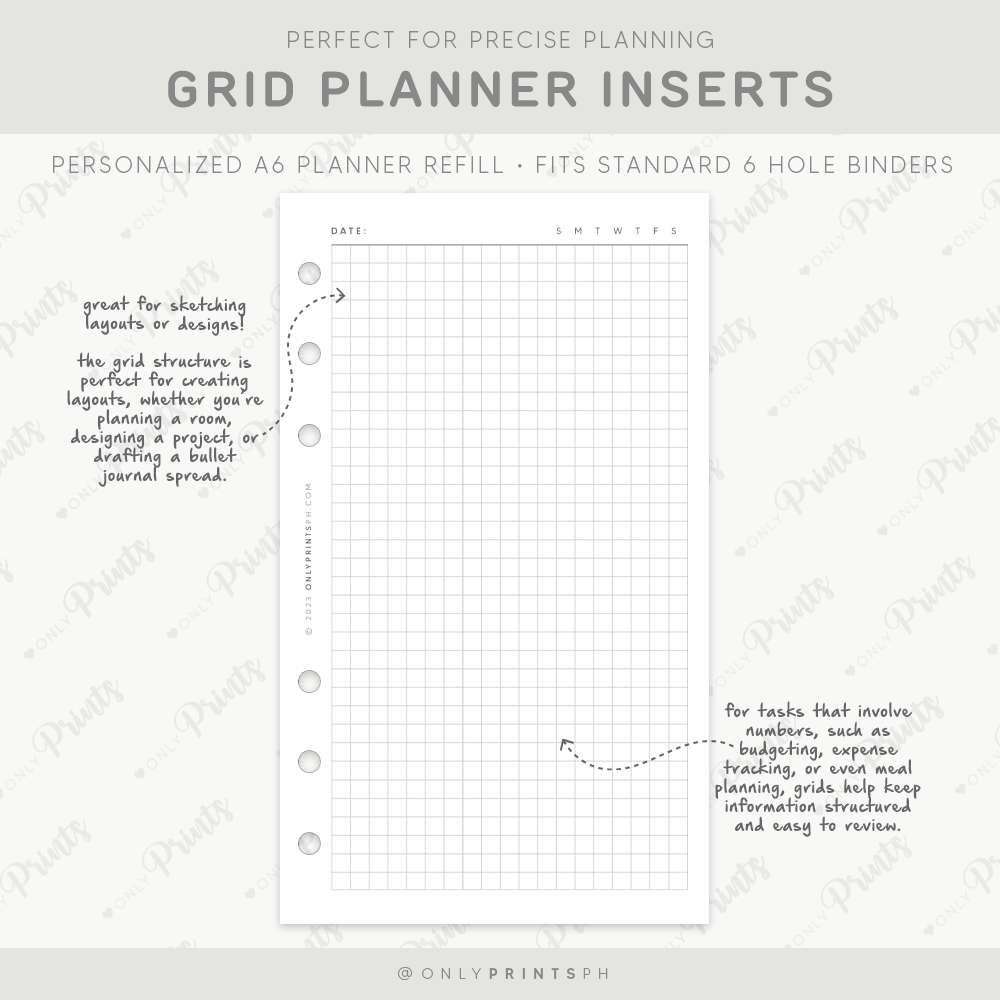
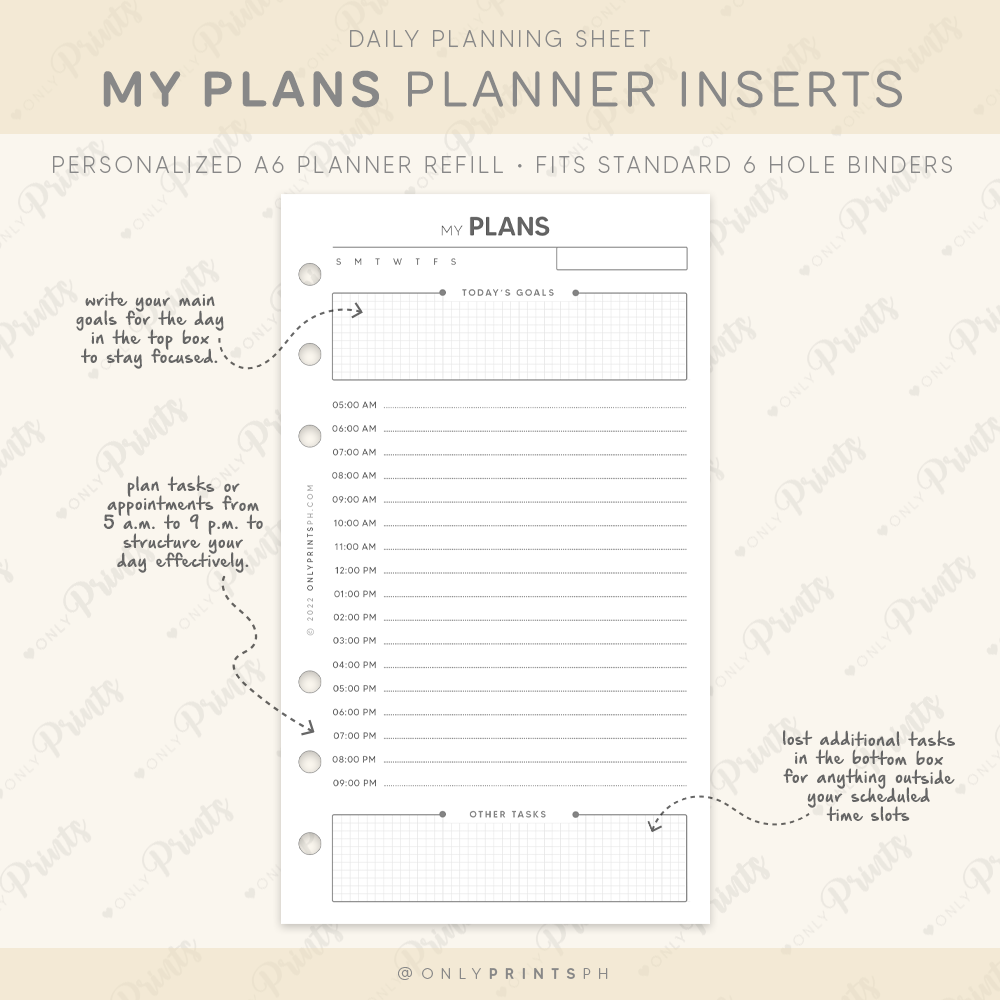
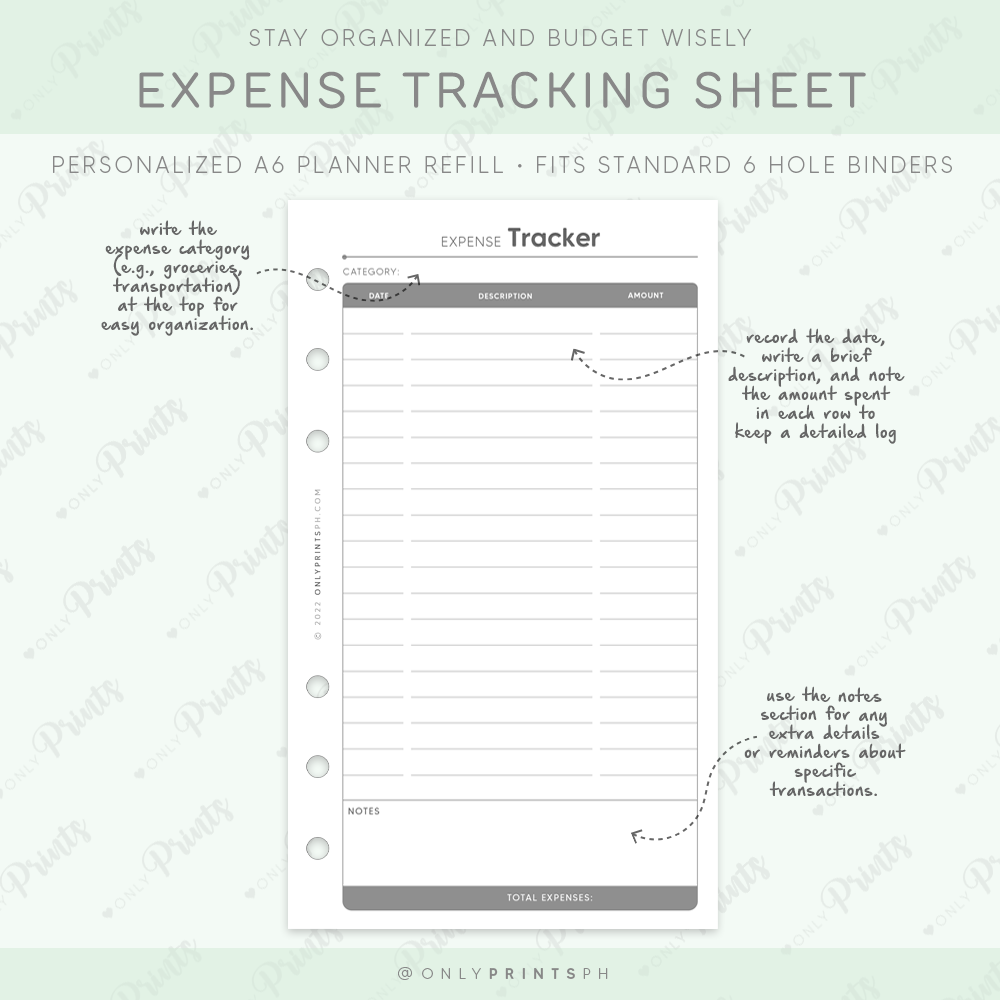


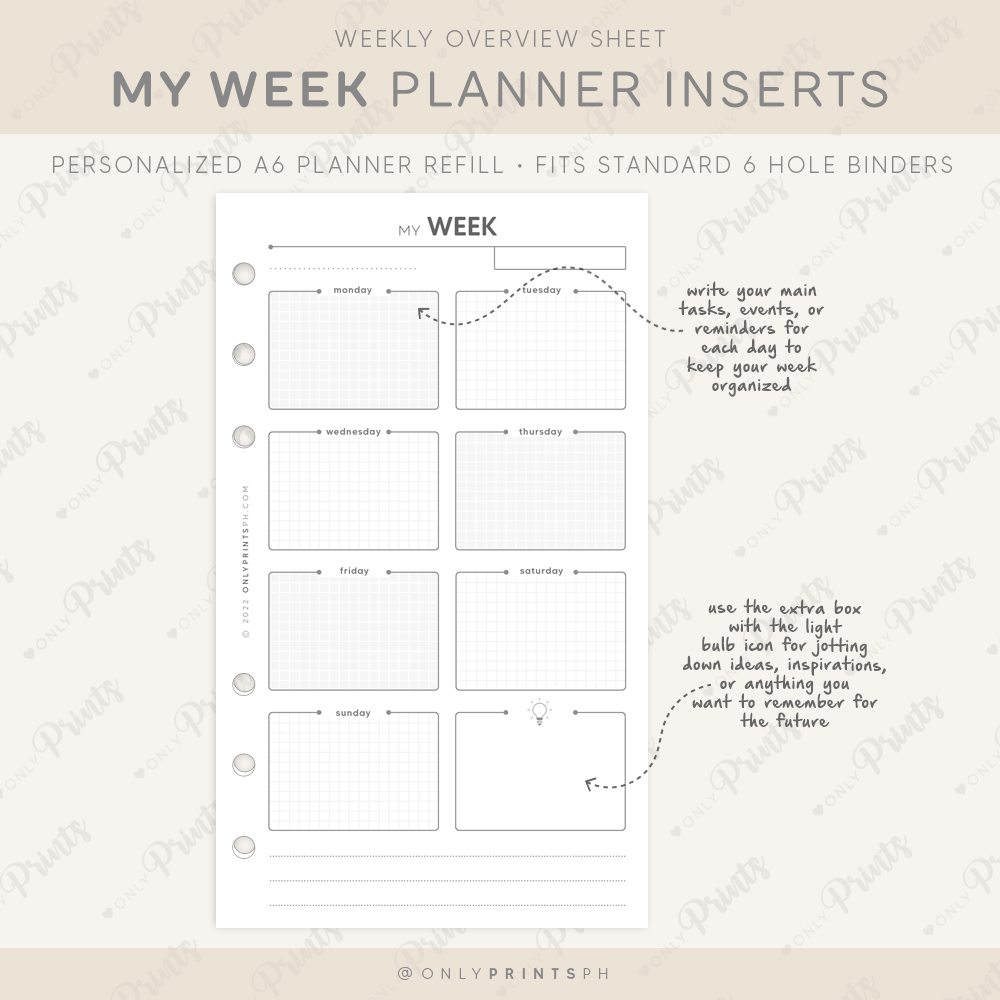


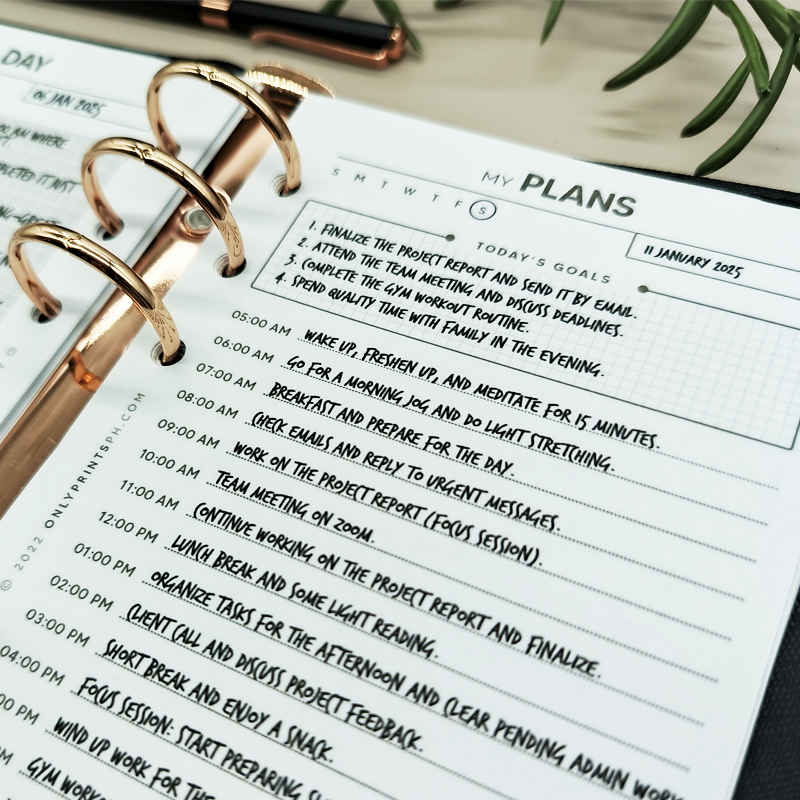


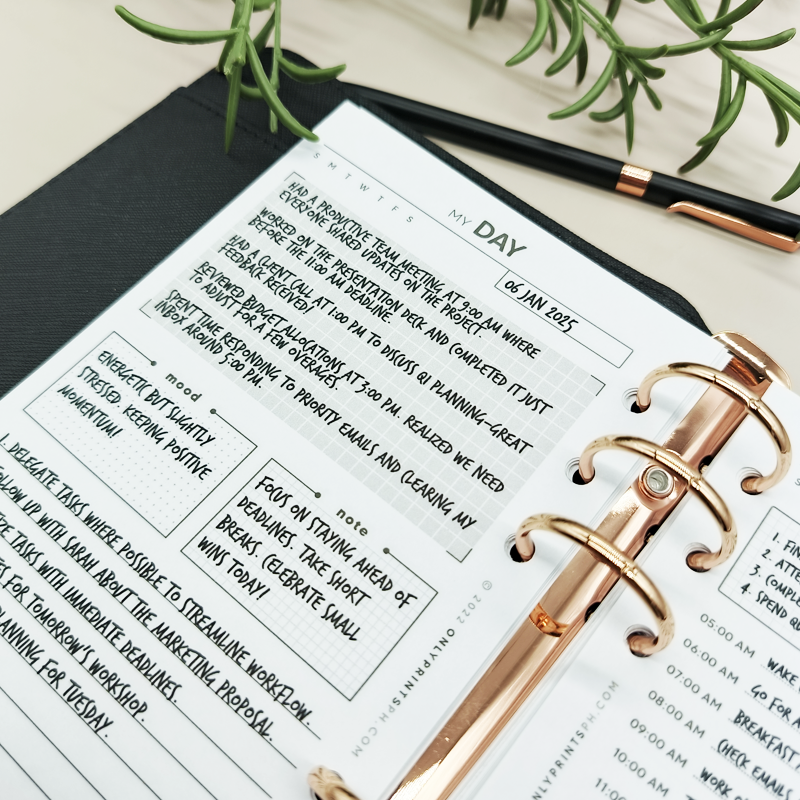

There are 321 valuable comments so far. Thank you for engaging with our content and sharing your thoughts. Your feedback is greatly appreciated!